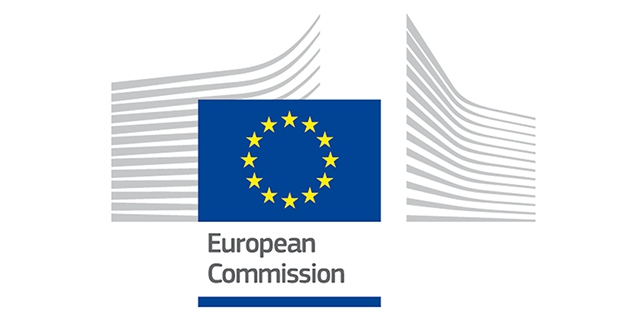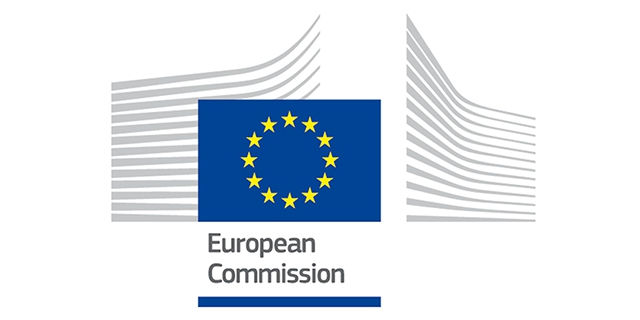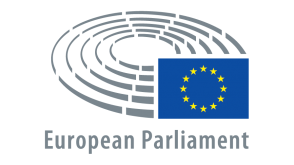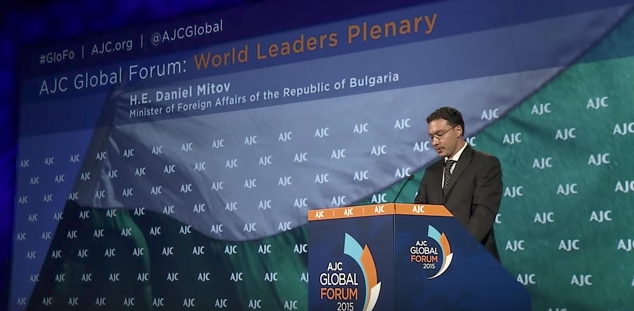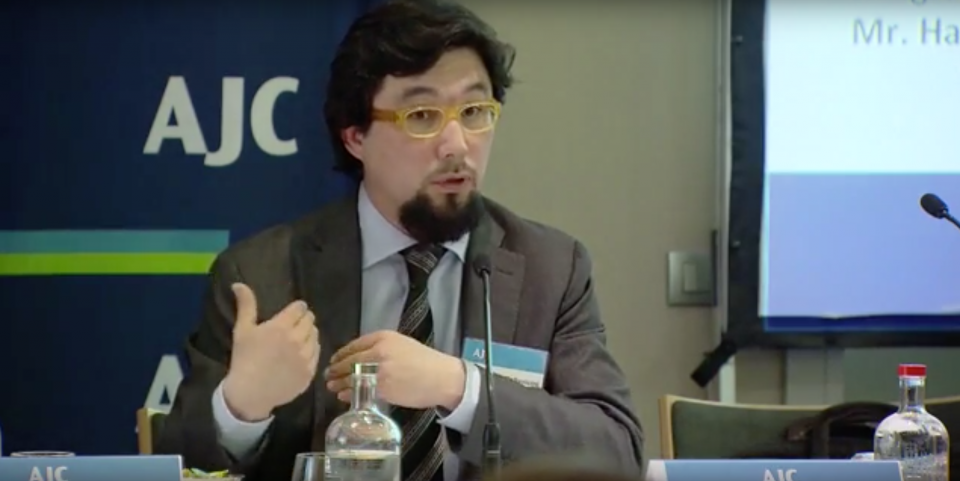Press releases
TAI Extremely Concerned Over Findings of EU Report on Anti-Semitism
8 November 2013 – Brussels – The AJC Transatlantic Institute expressed its great concern over the findings of an EU report on rising anti-Semitism within its borders and echoed the call for greater pan-European coordination in combating this hatred.
The survey of the EU Fundamental Rights Agency’s (FRA) - Discrimination and Hate Crime Against Jews in EU Member States - was made public today, on the eve of the 75th anniversary of the Kristallnacht pogroms in Nazi Germany. Comprised of responses from 5,847 Jews from the eight EU Member States with the largest communities, it is the first such study to collect comparable data on Jewish experiences of anti-Semitism.
“Over the past few years, we have read report after report about the growing presence of anti-Semitism in Europe,” said Daniel Schwammenthal, Director of the AJC Transatlantic Institute. “The FRA survey confirms those troubling reports and truly gives voice to the concerns of Europe's Jewish citizens.”
According to the survey, 21% of respondents have experienced at least one incident of anti-Semitic verbal insult or harassment, and/or a physical attack in the past 12 months (an increase from 7% in the five years prior to the survey). More disturbing, 82% of those who “felt discriminated against during the period because they are Jewish did not report the most serious incident” to the authorities or competent bodies. As a result, 23% said that they, at least occasionally, avoided Jewish events or sites. Another 29% have considered emigrating in the past five years. In Hungary, France and Belgium the numbers are between 40% and 48%.
“Police protection has long been a sad necessity for Jewish schools and houses of worship throughout Europe, but it is clear that current methods of protection are not sufficient,” noted Schwammenthal. “The fact that the overwhelming number of anti-Semitic attacks go unreported and that almost a third of Jews have considered leaving Europe shows there is a lack of trust in the relevant authorities' abilities to deal with the threat. That must change immediately."
The findings of the survey underscore the severity of the threat of anti-Semitism to the Jewish communities: in Hungary, 92% of respondents felt it was among the top three social and political problems, while 80% of those in France said the same. Moreover, it highlighted the prevalence of new forms of anti-Semitism – namely anti-Zionism. For example, 48% of respondents said they regularly hear people compare Israel to the Nazis. And around 60% of respondents in Belgium, Italy and France said that they are frequently or all the time blamed for Israeli actions. In the U.K., Germany and Sweden the corresponding proportion ranged from 40% to 50%.
“The EU already has a working definition on anti-Semitism developed in 2005 by FRA's predecessor organization which clearly spells out that such attacks, branding Israel as a racist entity or drawing comparisons to the Nazis, go well beyond the boundary of legitimate criticism,” said Schwammenthal. “This survey makes clear that it is now time for the EU to formally adopt this definition so that there is clarity and uniformity in the fight against anti-Semitism.”
Founded in 2004, the AJC Transatlantic Institute engages European lawmakers on issues related to anti-Semitism in the European Union.
